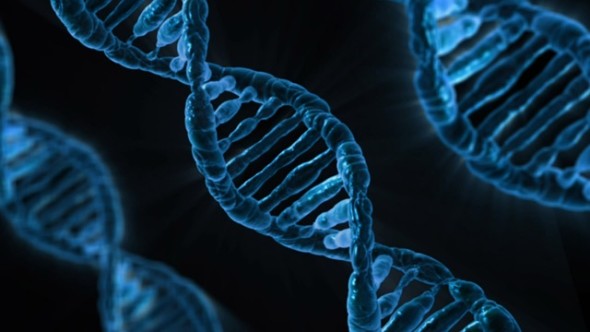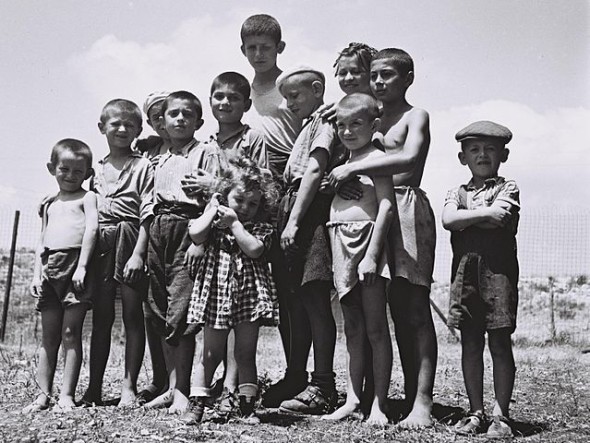Now this here may not pass as very cool news, but knowing the lasting repercussions of trauma empowers us to be more vigilant and perhaps more compassionate of others. In the end, it is cool to know that what the experiences and exposures we go through today do have an effect on the genetic composition of our future offspring.
A research team at Mount Sinai Hospital concluded that Holocaust survivors may pass the traumatic experience to their children through their genes. The study involved 32 Jewish men and women who had various distressing experiences during the height of Nazism in World War II.
After studying the genes of the subjects’ children, the research team led by Rachel Yehuda found that the children are more likely to have stress disorders compared with children of Jewish families who lived outside Europe in WWII. Yehuda’s team positively confirmed that the Holocaust experience was the only attributable factor to the gene differences.
The study further supports “epigenetic inheritance” – the concept that environmental factors like diet, smoking and stress can influence the genetic composition of children, and even grandchildren.
According to the head researcher, both Holocaust parents and their kids have epigenetic tags on the same gene location.
The research on the genetics of the Holocaust victims’ children is not the only study supporting “epigenetic inheritance”. A former experiment on Dutch women who got pregnant during famine showed their children with increased likelihood to acquire the mental disorder, Schizophrenia.
Behavioral and genetic scientists are taking a closer look at the behavior and functions of stress-related genes, which shape the way we cope with various environmental factors. When humans experience trauma even at pre-conception, they develop epigenetic changes and pass these changes to their children at conception.
Pre-conception epigenetic stress appears to contradict or resist the cleaning process that occurs during fertilization. Yehuda said that the recent findings deepen understanding on how current generation reacts to the experiences of the former generation.





